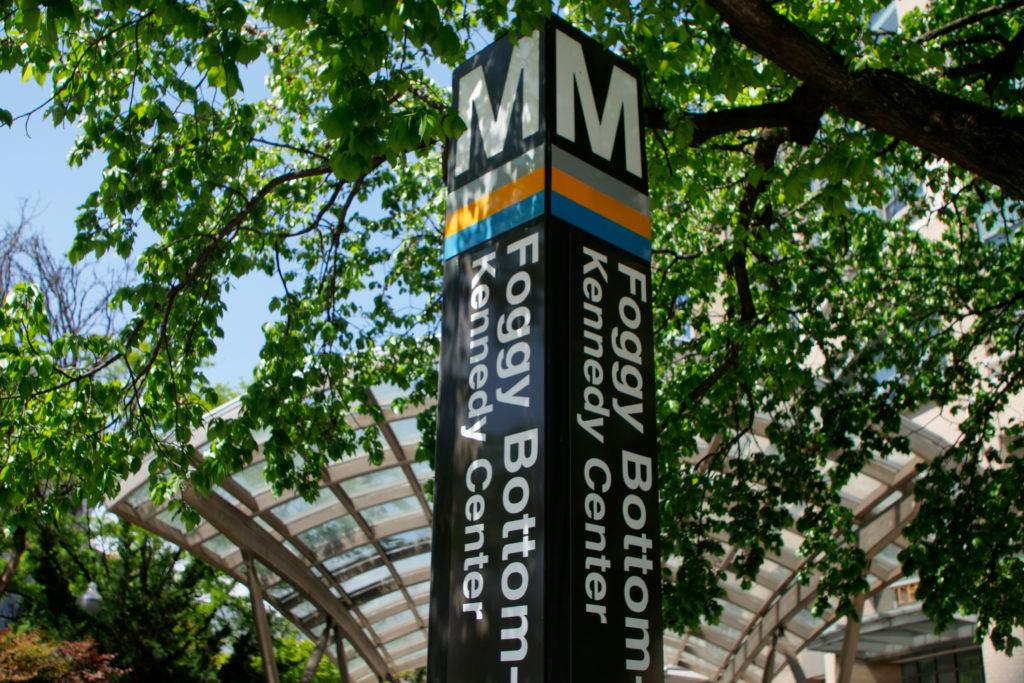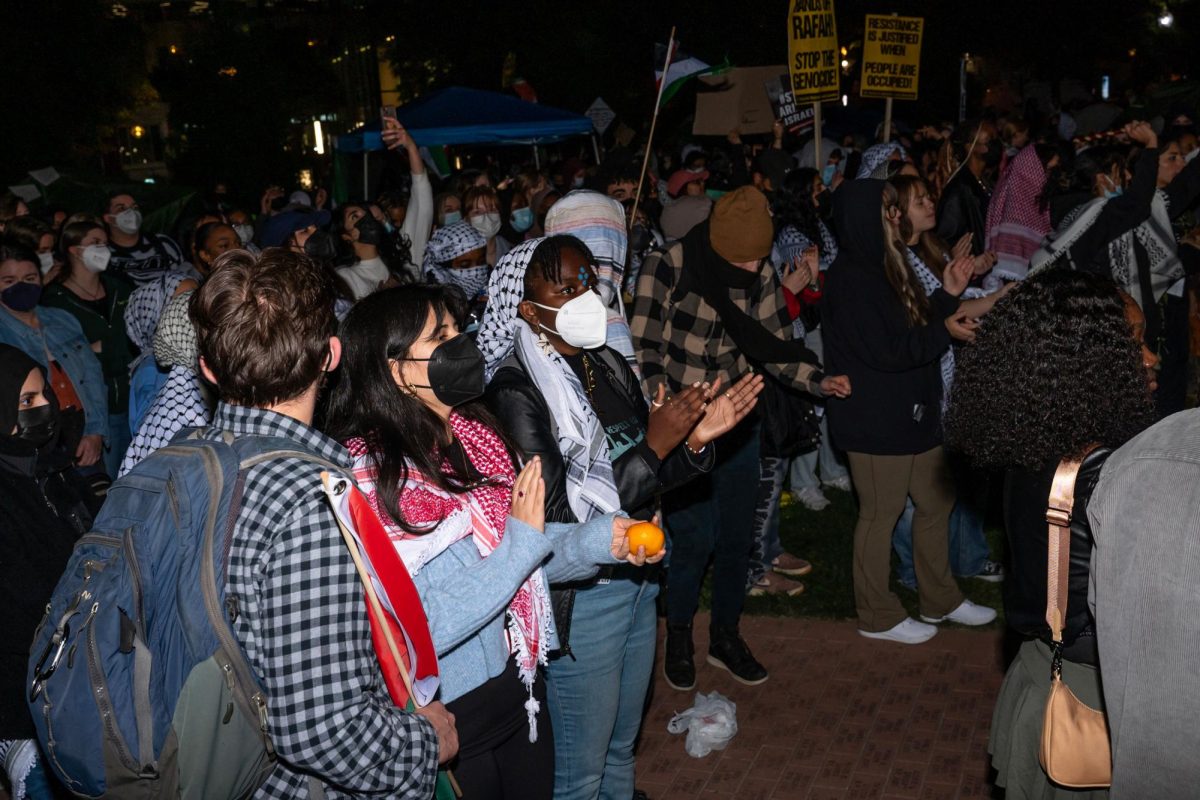Metro officials passed their fiscal year 2022 budget last week, maintaining current operation levels for at least another year and averting drastic budget cuts that could have shuttered stations and terminated weekend service.
The Washington Metropolitan Area Transit Authority approved a $2.07 billion operating budget for fiscal year 2022 with approximately $720 million coming from federal stimulus funding, including the American Rescue Plan, according to a release from the agency. The budget will ensure standard operations will continue for at least another year after WMATA first proposed devastating budget cuts, like eliminating nearly half of its bus routes and staggering some train arrivals to every 30 minutes.
“Under the approved $2.07 billion operating budget, Metro will maintain service at 80 to 85 percent of pre-pandemic levels to support expected ridership growth as the region resumes events, classroom learning and businesses reopen with increased capacity,” the release states.
WMATA officials considered the sharp cuts late last year following a sharp downturn in ridership and revenue intake during the pandemic. WMATA officials said federal funding allowed Metro to dodge the cuts and maintain operations.
“The impact of the pandemic on ridership and revenue forced us to consider drastic cuts that would have been necessary absent federal relief funding,” Metro Board Chair Paul C. Smedberg said in a release. “Thankfully, the American Rescue Plan Act has provided a lifeline for Metro to serve customers and support the region’s economic recovery.”
The budget includes nearly $40 million to initiate service at the newly-expanded Silver Line near Dulles Airport, which could open as soon as next year after nearly eight years of construction. The budget also shuttles money toward investments like new fare gate installations starting in June, a multi-year and citywide escalator renovation project and the purchase of new rail cars, according to the release.
Some members of the Metro’s board of directors also expressed support for lowering the fare for Metrorail to a $2 flat fee from current fares that range from $2 to $6. The change is not yet confirmed, but advocates for the lower fare said it would attract riders back to the Metro following the ridership freefall that the agency witnessed since last March.
John George, the president of the Foggy Bottom Association, said Metro played a vital role in supporting the transportation of workers and growth of businesses in Foggy Bottom before the pandemic, and consistent funding is “critical” for boosting local business.
“The Metro system also brings shoppers, diners and those seeking other services into our local businesses,” George said in an email. “We need those consumers for robust business growth.”
George said lowering fares could give residents who have been impacted financially by the pandemic the ability to move around the city easier and may be conducive to draw riders back to the service.
“Lower fares may help draw people back in, but lower or no fares on certain routes is immensely helpful to those impacted financially and yet depend on public transit,” George said.
Trupti Patel, who serves on the Foggy Bottom and West End Advisory Neighborhood Commission, said recent changes to Metro’s schedule have forced essential workers and hospitality workers to use more expensive methods, like ride shares, to travel home from work. Metro reduced hours early last year, ending train and bus routes at 9 p.m., but they later expanded those hours to 11 p.m. in August.
“If Metro is closing at 11 p.m. when restaurants are scheduled to stay open until midnight, workers can’t afford spending $50 to go home in a rideshare,” Patel said. “The minute that Metro closes its lines, you’ll see rideshares automatically double their fares.”
Patel said funding to keep the Metro afloat is necessary to Foggy Bottom because service slowdowns could hinder the economic recovery of the community.
“I understand ridership is horrendously down on the Metro but at the same time, we need Metro to be functional, especially considering we have a major hospital in ANC 2A,” Patel said. “The people who work in the hospital need a way to get to and from work.”
Patel said WMATA should utilize some of the budget to promote sanitation standards and to lower or eliminate fares for a day as a public relations campaign to incentivize people and tourists to return to public transportation. Patel said tourists are vital to the economic success of the city, and the Metro needs to work to get them back in town.
“If we don’t have tourists coming to our town, if we don’t have tourists staying in our hotels, if we don’t have tourists eating in our restaurants, we have no money coming into his city,” Patel said. “Until people feel safe and comfortable, we’re going to be in this storm that is COVID-19 a little longer.”







